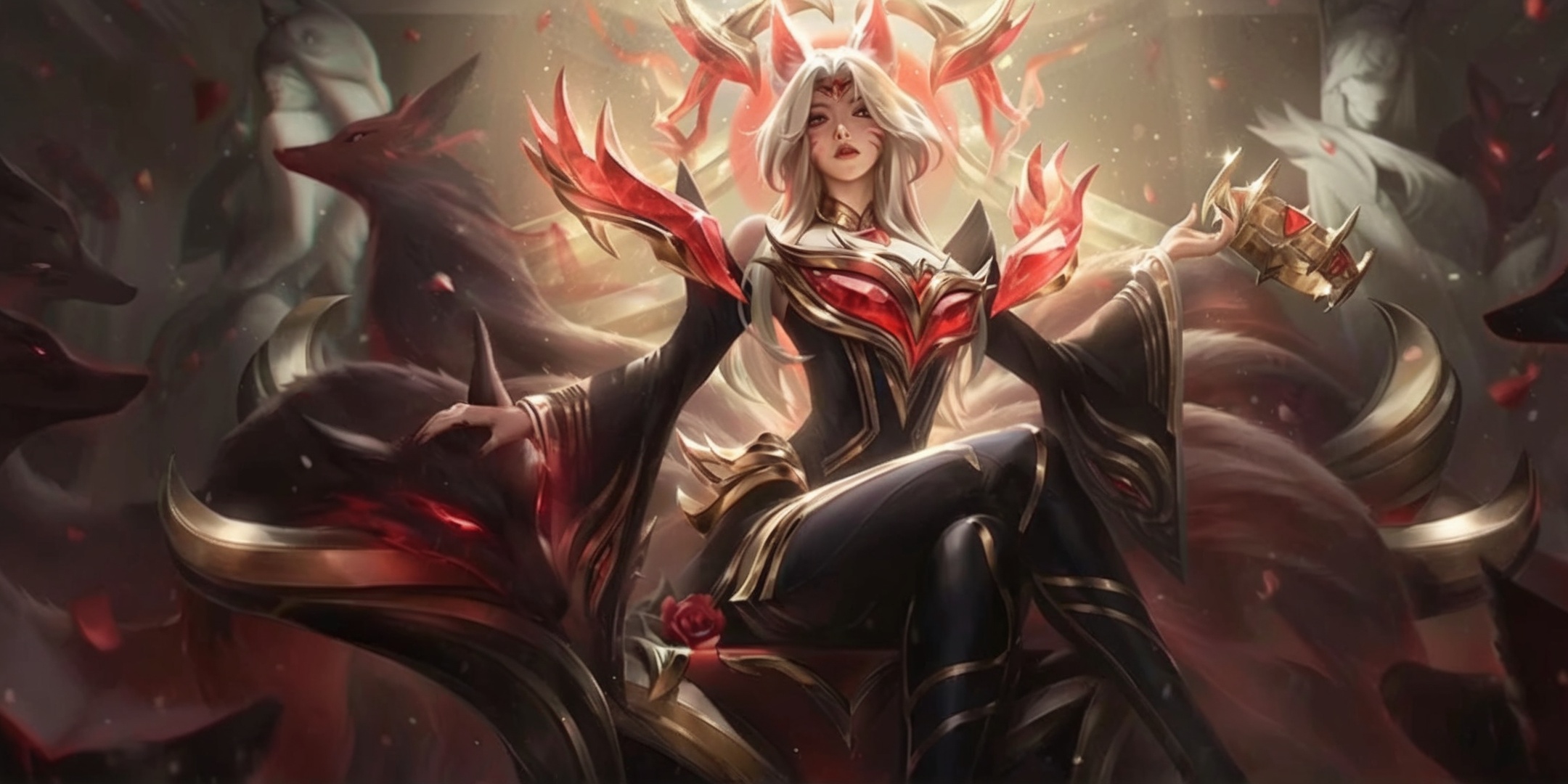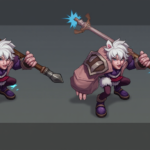League of Legends Players Unhappy with New Gacha Elements
League of Legends, one of the most popular games globally, is facing criticism from its community over the introduction of new gacha systems. These systems have sparked a heated debate about their ethical implications, particularly concerning minors.
Concerns About Predatory Practices
Players are worried that the new gacha mechanics are predatory, especially towards minors. The system involves spending money to acquire random items, such as skins and emotes, which many see as akin to gambling. This concern is amplified because real-life gambling laws do not directly apply to these digital systems, creating a regulatory gray area.
Impact on Minors
The issue is particularly sensitive when it comes to minors. Many younger players may not fully understand that these systems are structurally similar to gambling. This lack of understanding can lead to significant financial expenditures by minors, who may feel pressured to spend money to acquire exclusive items. The line between entertainment and exploitation becomes very thin in such scenarios.
Community and Regulatory Response
The gaming community is vocal about their dissatisfaction with these gacha mechanics. Some players are calling for stricter regulations on digital loot boxes, similar to those in the EU. The community’s advocacy highlights the need for developers to be transparent and responsible in their monetization strategies.
Policy-makers are also being urged to examine these systems closely and their impact on vulnerable demographics like children and young adults. As gacha mechanics become more prevalent, there is a growing need for meaningful conversations among players, parents, and regulators to protect minors from exploitation.
Emotional Connection and Monetization
The introduction of gacha-inspired systems for items like emotes has also sparked emotional responses from the community. Emotes are more than just cosmetic additions; they are a form of self-expression in the game. Players cherish these emotes, which are often tied to specific champions and their personalities. However, when access to these emotes is gated behind a paywall or gacha system, players feel a sense of loss and frustration.
Specific Examples of Controversy
Recently, a new gacha system was introduced that puts a high-end cosmetic, the Dark Cosmic Erasure Jhin chroma, behind a paywall that can cost up to $200. This system requires players to purchase multiple capsules, with no guarantee of obtaining the desired item unless they spend a significant amount of money. This has been met with strong criticism from the community, who see it as a step towards full-fledged gacha mechanics that are not in line with the game’s historical monetization practices.
Extended Discussion
The backlash against these gacha systems underscores a broader issue in the gaming industry: the balance between monetization and ethical responsibility. While developers need revenue streams to support game development, they must do so without exploiting their players, especially minors.
The community’s reaction also highlights the importance of transparency and communication between developers and players. When players feel that monetization strategies are fair and transparent, they are more likely to support the game financially. However, when these strategies seem predatory or exploitative, it can lead to a loss of trust and a decline in player satisfaction.
In the future, it will be crucial for game developers to engage in open dialogue with their communities about monetization practices. This includes explaining the odds of obtaining items through gacha systems, ensuring that these systems are not designed to exploit psychological vulnerabilities, and providing alternative ways for players to acquire items without spending excessive amounts of money.
Ultimately, the goal should be to create a gaming environment that is both enjoyable and fair, where players can engage without feeling exploited. As the gaming industry continues to evolve, addressing these concerns will be essential for maintaining a positive and healthy gaming community.






